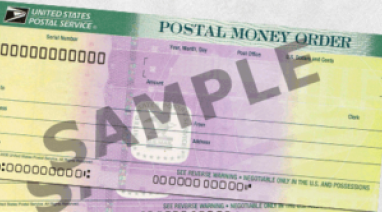
Gabapentin for Sleep: Can It Also Help with Anxiety?
| Gabapentin 100mg 180 tabs | COD / Free shipping | $149 | Order Now |
| Gabapentin 300mg 180 tabs | COD / Free shipping | $159 | Order Now |
| Gabapentin 400mg 180 tabs | COD / Free shipping | $169 | Order Now |
| Gabapentin 600mg 180 tabs | COD / Free shipping | $179 | Order Now |
| Gabapentin 800mg 120 tabs | COD / Free shipping | $165 | Order Now |
| Gabapentin 800mg 180 tabs | COD / Free shipping | $189 | Order Now |


